5 reasons why France won the World Cup
France didn't take the most shots or control the most possession at the 2018 World Cup, but it didn't matter. Bit by bit, Les Bleus chipped away at the competition, finding holes in the defence at key moments. Through a compact and efficient style of play, France became a World Cup champion again.
It was a final that the tournament deserved, a breathless 90 minutes that featured video technology, set pieces, and effective defensive tactics. Antoine Griezmann, Paul Pogba, and Kylian Mbappe - three of France's biggest players in Russia - all scored in the 4-2 win over Croatia on Sunday.
Related: France wins second World Cup in thrilling 6-goal final with Croatia
Here are five reasons why they achieved immortality.
Deschamps' reactive football paid off
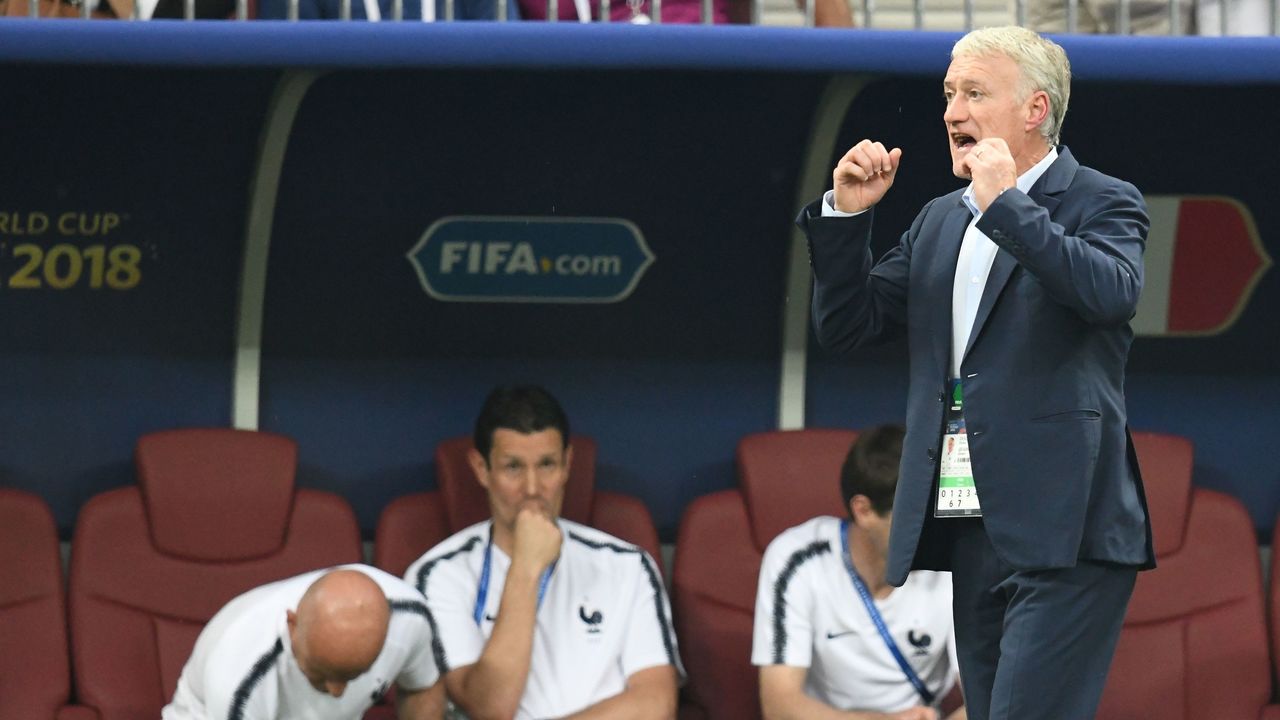
France's win was a triumph of pragmatism and a vindication of manager Didier Deschamps' contentious tactics. Blessed with a group of players with individual talent, Deschamps instead favoured a team with a greater collective spirit, forgoing its attacking instincts for a more responsible approach that captured the ultimate prize.
Deschamps was dismissed as a poor tactician in the months leading up to the World Cup, and again faced an inquisition when he decided to field midfielder Blaise Matuidi on the left wing. But the added insurance allowed France to use its speed on the counter and presented Mbappe as a lightning-quick outlet.
It would have been tempting to continue with the attacking triumvirate of Mbappe, Griezmann, and Ousmane Dembele that kicked off France's opener against Australia, but Deschamps achieved greater balance with Olivier Giroud up top. Not only did the French manager receive more defensive application from Giroud, his centre-forward also held up play and acted as a decoy for his teammates. The fact Deschamps persisted with Giroud - who failed to register a shot on goal all tournament - shows how much he appreciated his all-around contributions.
Griezmann was immense as well, scoring the goals but also dropping deep to facilitate play and win possession.
France may not have entertained, but it won. That's all that matters in a one-month marathon like the World Cup.
Set pieces made a massive difference
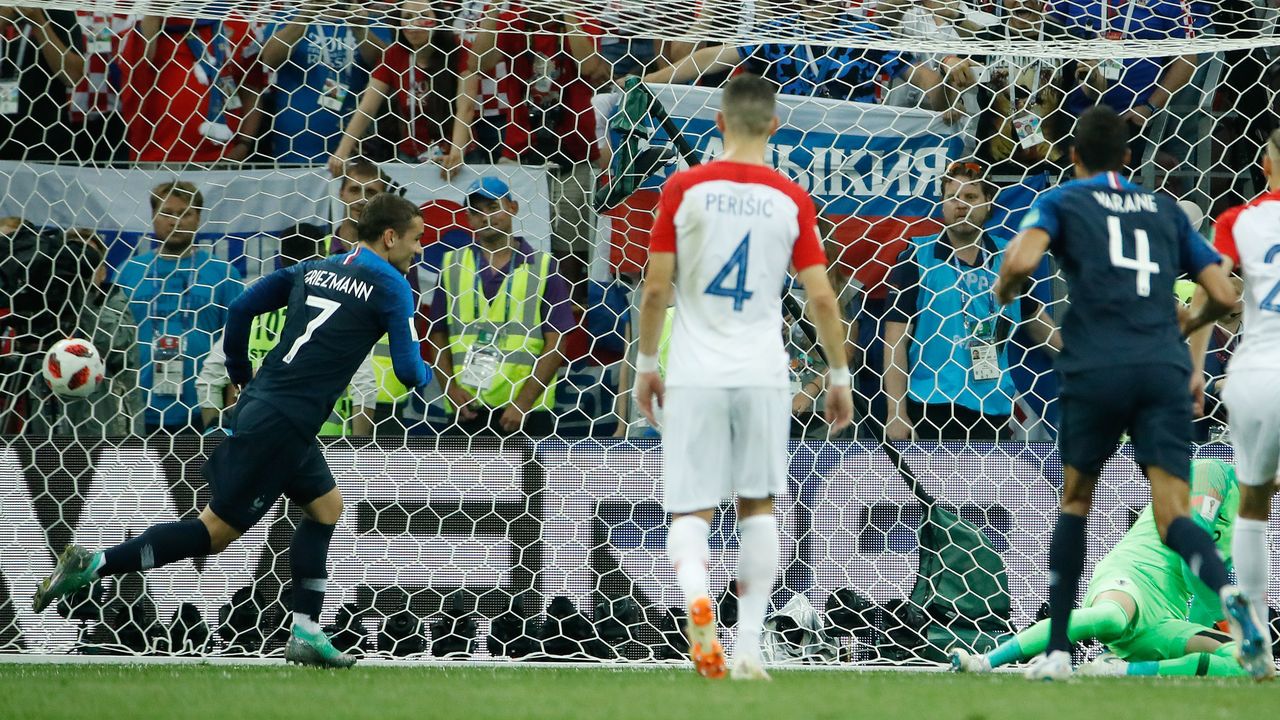
The opening goal of Sunday's final featured two of the biggest themes at this World Cup: set pieces and own goals. The aerial dominance of Samuel Umtiti and Raphael Varane caused Croatia problems on Griezmann's first-half free-kick, even if Mario Mandzukic was the one who eventually nodded the ball into his own net. France's presence in the area forced the Croatian striker into a quick decision that had unintended consequences. It was the 12th own goal of this tournament, double the previous high set in 1998.
Much was made of England's set-piece routine, but France profited from similar arrangements. Varane's goal against Uruguay gave Les Bleus a route out of the quarter-finals, and Umtiti's towering header decided the semi-final against Belgium. In all, France scored six of its 14 goals from dead-ball situations.
The Pogba-Mbappe connection strikes again
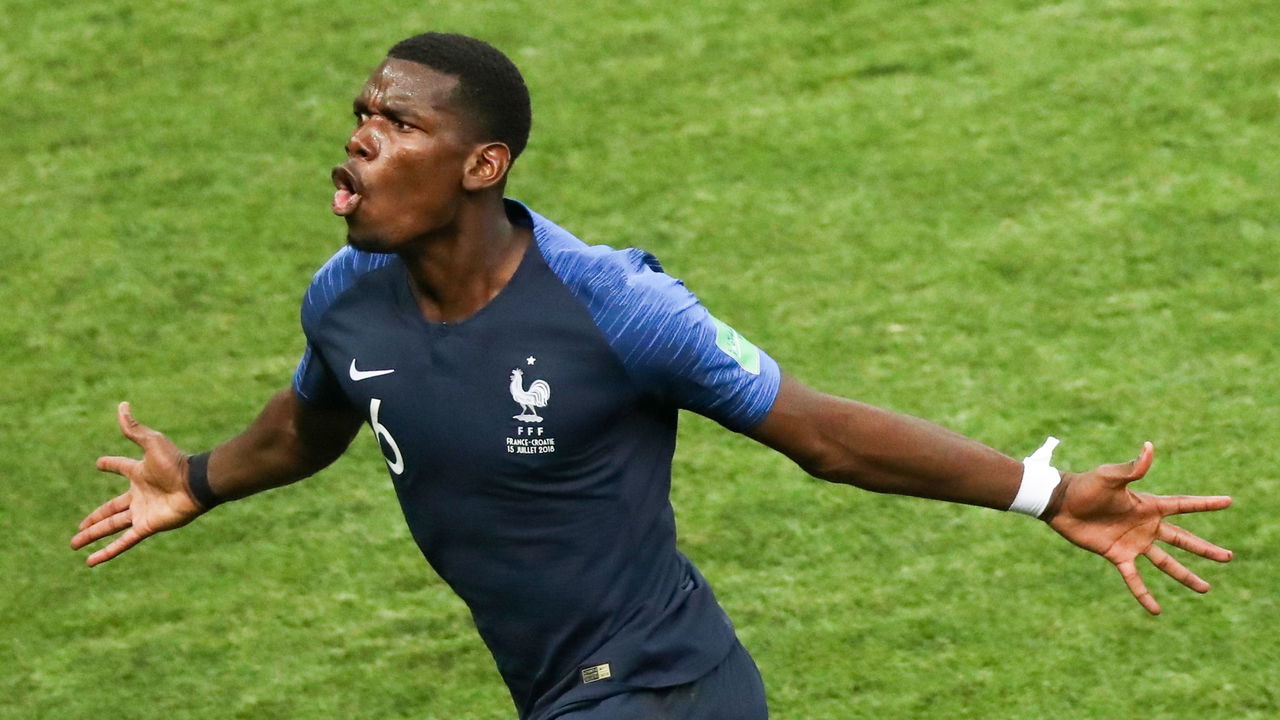
Paul Pogba silenced his critics at the World Cup, demonstrating the restraint to play in Deschamps' defensive system and the range of passing to kick-start France's myriad counter-attacks.
"His long balls are exceptional," countryman and former Arsenal manager Arsene Wenger said. "Few can do that in the world."
That skill came into play again at the Luzhniki Stadium. It was Pogba's fantastic looping ball to Mbappe and his subsequent run that enabled the 25-year-old to score France's third goal. Pogba's pinpoint delivery completely bypassed Croatia's midfield, eliminating one of its biggest strengths with one swift and accurate stroke of the ball. He also had the presence of mind to rejoin the play and finish it off himself.
France benefitted from biggest VAR decision yet
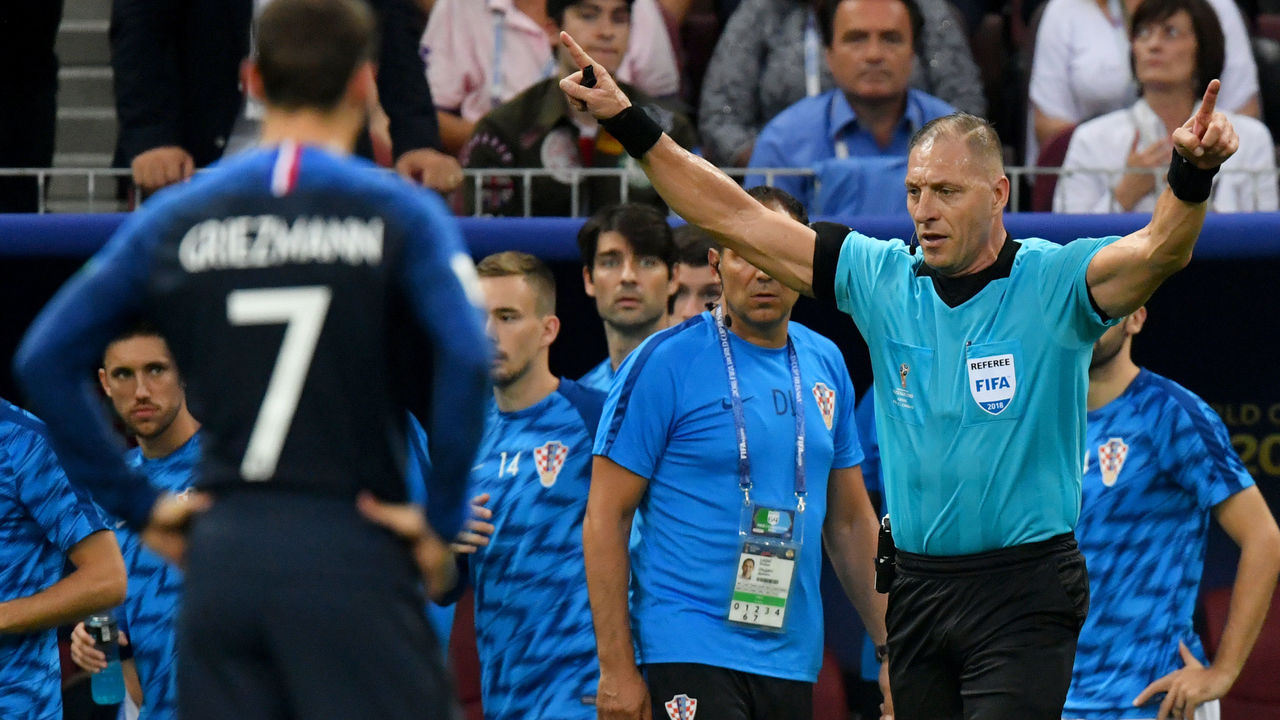
France also needed a big call from match official Nestor Pitana to get over its initial nervousness. It was determined that Ivan Perisic committed a handball on a corner kick late in the first half, but the biggest decision in the short history of VAR was not unanimously accepted. Was the initial non-call a "clear and obvious error," as required by FIFA's own statues? And was Perisic's arm in an unnatural position?
Regardless, the subsequent penalty gave France, which hadn't yet registered a shot on goal, a chance to retake the lead at 2-1. Griezmann dispatched the spot-kick with ease for his fourth goal of the tournament, and he and his teammates, lauded for their defensive cohesion, were able to see out the remaining half of football.
Croatia's hustle couldn't take it all the way
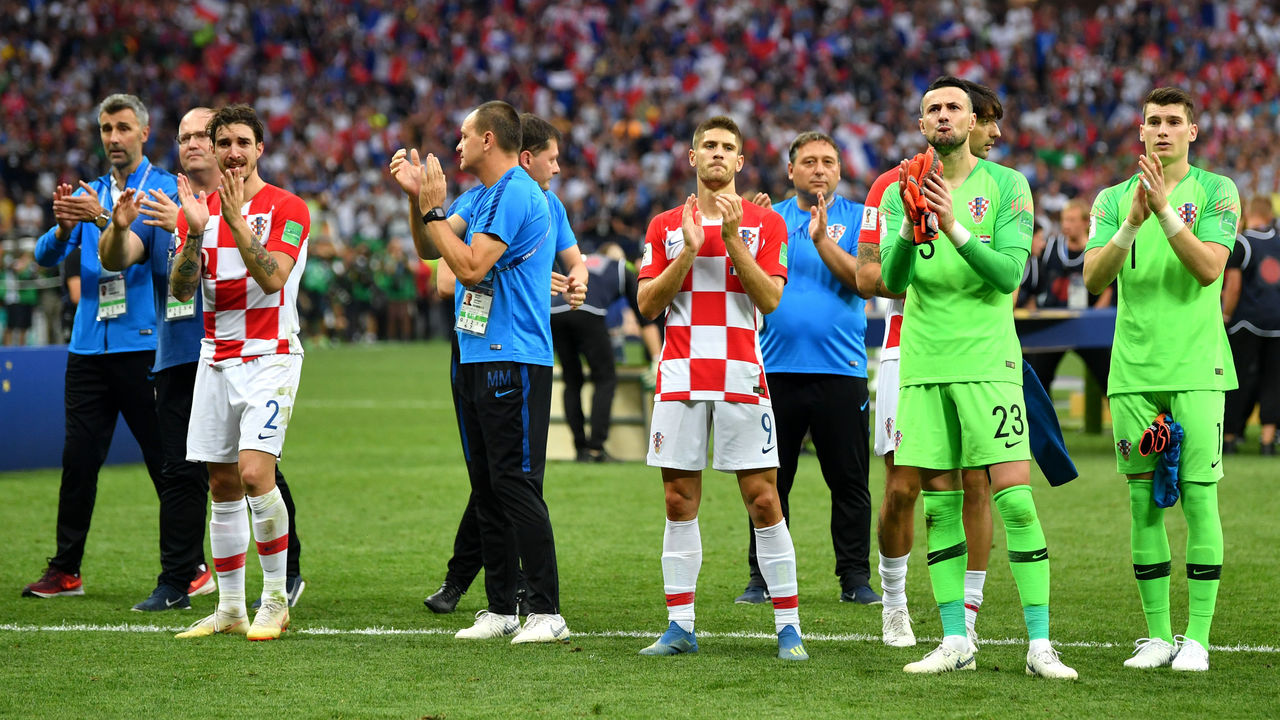
It was difficult to contextualise exactly how Croatia, a country of just 4 million people whose football infrastructure lags behind the rest of the elite nations, made it this far. The team had next to no preparation for the World Cup, tasking manager Zlatko Dalic with the job ahead of a final qualifier against Ukraine. It passed that test, and proceeded to go on a historic run in Russia, where it became the first finalist in World Cup history to go to extra time in each knockout round.
Croatia's resilience was admirable, but the absence of any real structure left it at a disadvantage against a well-drilled side like France.
(Photos courtesy: Getty Images)